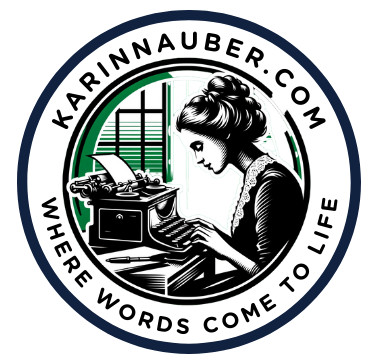
Character development, it’s the backbone of any great story. Imagine your favorite book or movie without those vivid personalities. Boring, right? Characters breathe life into fiction and connect the audience to the storyline like nothing else. When you flesh them out well, you offer readers not just a story, but an experience.
Developing characters is about creating people readers care about, cheer for, or even love to hate. It’s about making them three-dimensional, relatable, maybe even flawed! This is where character arcs come into play. Characters grow and change, they react to challenges in ways that feel genuine. Without that growth, you’re stuck with static, uninteresting figures who only exist to fill space on a page.
Some of my favorite people are characters in a book.
Great examples are scattered across literature and film. Think about Elizabeth Bennet from ‘Pride and Prejudice’ or Frodo Baggins from ‘The Lord of the Rings’. These are characters on journeys—not just physical ones, but personal ones that change them forever. It’s that journey of change that grabs readers and keeps them hooked.
My favorite characters are still the ones in the book “The Stand” by Stephen King with Stu Redman being my absolute favorite.
Good character development helps drive the plot forward, making readers care about what happens next. You want them to stay up all night reading just one more chapter or binge an entire series to see how the characters evolve. When done right, character development isn’t just about who the characters are—it’s about who they become.
The Art of Crafting Writing Prompts

Great writing prompts are like little sparks that ignite creativity. They’re these magical snippets that get writers thinking and push them out of their usual boundaries. Crafting these gems especially for character development takes a bit of finesse.
A good writing prompt for character development should be specific enough to give direction but open-ended to allow freedom. It’s that balance that fosters creativity. Instead of bluntly asking for a description, a prompt might say, ‘Describe your character waking up to find an unexpected letter on their doorstep.’ This nudge not only reveals personality but also hints at a possible backstory.
Using writing prompts helps sharpen focus. It’s like a workout but for your brain. They build those creative muscles and make writer’s block less intimidating. When you consistently practice, crafting unique, well-rounded characters becomes second nature.
Selecting the right prompts depends on what you’re looking to explore or develop. Beginners might use simple prompts to get comfortable with character basics, like setting a scene in their hometown. More advanced writers might prefer diving into complex emotional landscapes or ethical dilemmas to discover how their character ticks.
Every writer has to gauge their current level and find prompts that challenge them just the right amount. There’s always something new to learn, and a fresh prompt can be the key to unlocking a new perspective or idea.
Diverse Writing Prompts for Character Development

Creating engaging prompts is a thrilling way to explore character depth and variety. Here’s a mix to try on for size:
Backstory prompts can deepen history and motivation. ‘Write about a day in your character’s life before the main events of your story.’ This sort of prompt peels back layers and reveals what makes them tick.
Dialogue-focused prompts help in understanding voice and interaction. Something like, ‘Your character meets an old friend with a grudge. How does the conversation go?’ allows exploring speech patterns and history.
Character growth and evolution deserve focused prompts, such as, ‘Describe a challenge that forces your character to question their values.’ These kinds of exercises map how a character changes over time.
Motivations and conflicts are ripe areas for exploration. ‘What is your character’s greatest fear, and how does it influence their decisions?’ Connecting personal fears to actions brings a character alive.
Each prompt pushes you to think differently, to dive deep into your character’s psyche and envision how they’d naturally react. Remember, it’s about making them fully realized beings within their world.
Applying Writing Prompts in Your Writing Process

Incorporating prompts into your writing routine is like adding new tools to your creative toolkit. Set aside a dedicated time each day or week to respond to a prompt. Consistency helps keep ideas fresh and skills sharp.
Analyzing your writing is a critical step. After you’ve used a prompt, take some time to review what you’ve crafted. Ask yourself questions like, ‘Did this reveal something new about my character?’ or ‘How did the character react in surprising ways?’ Reflecting on these insights helps to refine and enhance your storytelling.
Sharing these prompts and your responses with fellow writers can be inspiring. Engage with writing communities online or in real life, and invite feedback. This kind of interaction not only offers new perspectives but can also forge connections that nurture your creative journey.
Collaboration can amplify the benefits of using prompts. Co-write with others using the same prompt and compare results. Discovering how different minds interpret the same scenario is enlightening. It stretches your imagination and broadens your understanding of character development.

